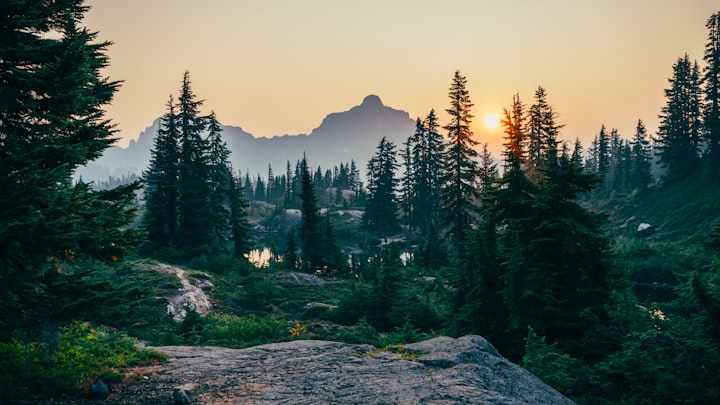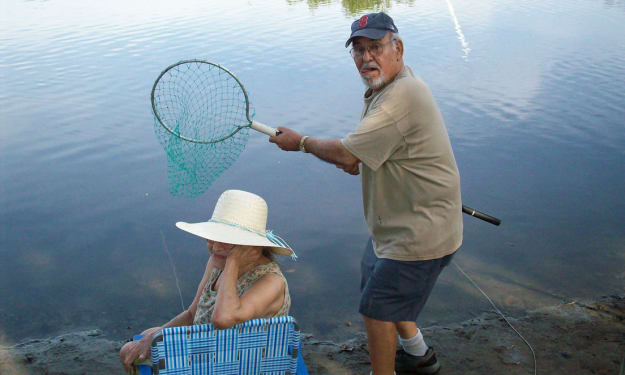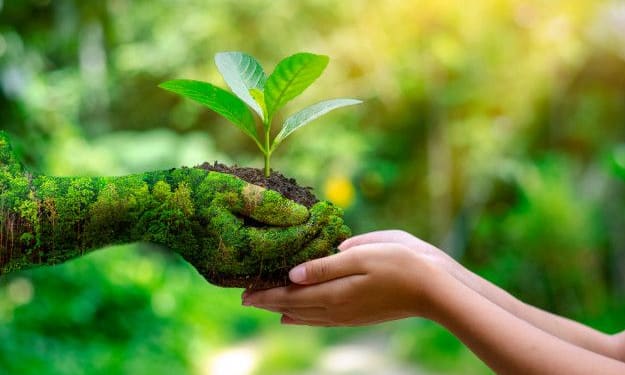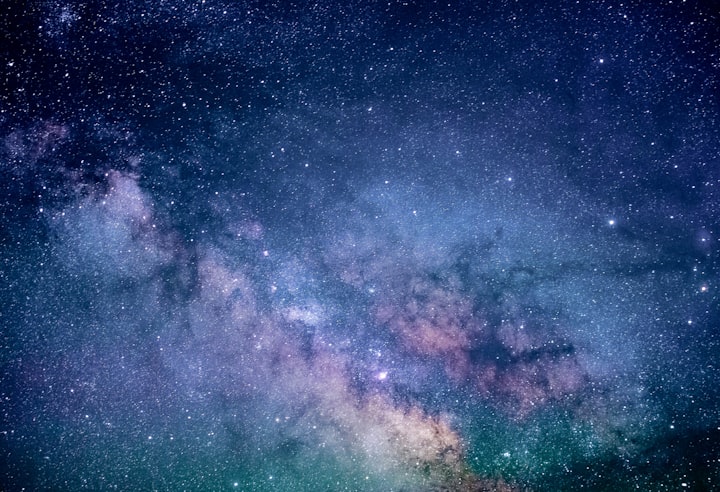
“I’ve done so much and so little at the same time,” Paul said to his son Gordon. “I’ve been respected and vilified, praised and maligned.” He swirled the lemon in his tea. “I’m stuck in this gray area. I’ve made billions, but my charity work isn’t enough.”
Gordon sat quietly across from him at the best table of the house at the Milling Room in the upper west side of New York City. He looked at his father and suggested, “Maybe there’s more you can do.” The wine steward brought the bottles of rare vintage to the table. “Your philanthropic ventures have come more from events that have related to your life, not to the rest of the world.”
Paul set his spoon down and looked at his son. “I’ve encouraged other billionaires to donate their money. Bill has been doing a great job with that.”
“Yes, Father, I know that. Everyone knows that. But there’s so much out there, especially now with the climate change affecting every aspect of human life.”
Gordon continued, “I’ve given money for schools, music, food banks, police and military associations, the LGBTQ sector…”
“Yes, Dad. Look at the correlations. My brother is gay and married. You went to Harvard. You enjoy music. You have many connections and donors in the armed services.” The server brought the first course to the table. “And the money you set aside to the United Jewish Appeal happened after the shooting at the synagogue in Pittsburgh, not before. It came across as self-serving even though it helped beef up security in other institutions.”
“I really thought that would make an impact.”
“No, Dad, not as much as you think. You were making money from countries after they went into default. You own a soccer club after that owner defaulted on his loan to your company. After Samsung published those political cartoons of you as an anti-Semitic vulture, people continued thinking about that stereotype that money begets money for Jewish people, no matter how much you use for charities.”
Gordon hung his head low. He had committees and foundations that created charitable arrangements, but he still had a source of guilt floating around in his head. “One of the acquisitions that made me think twice about our effect on the future is when Elliott Management took over Barnes & Noble and Waterstones. I walked through those stores and warehouses, and the sheer amount of paper was overwhelming. I know it seems so trivial when considering the mechanisms of this business, but the paper…”
“You have billions of dollars and you’re thinking about paper?”
“Hear me out,” Gordon pleaded. “It may seem trivial, but all those books? Where are they now? In dumps, old thrift stores, people’s attics. All that paper wasted. All those trees dead.”
“Trees?” his son raised an eyebrow and looked up at him.
“Yes, trees. I’ve earned the symbolic “vulture capitalist” from buying up sovereign debts and collecting when I knew those countries couldn’t repay. I found opportunities to make money when I should have been helping in other ways. Instead, it was ‘buy more, make more, throw it away, repeat.’”
“What do trees have to do with this?” Paul said, starting into his Sweetgreen salad.
“What kind of legacy am I leaving for you? ‘Sons of billionaire make more billions.’ That doesn’t sound one bit as important as doing something for the planet itself.”
Gordon put down his fork. “Doing things for the planet doesn’t make money for your investors,” he said with a degree of confusion painted on his face.
Paul’s eyes gleamed with excitement. “Let me tell you about an article I read. Sebastião Salgado and his wife Lélia Deluiz Wanick Salgado are landowners in Brazil. They were away in Rwanda during that war working in their photojournalist careers, and then they got back home. Almost all the forests and trees near their property had been cut down. But in less than twenty years, they planted 2.7 million trees to replenish the land.”
“By themselves? That’s ridiculous,” Gordon scoffed.
“No, no. They had to raise the money to build a collective consisting of thousands of people to do this. They planted over 290 different kinds of trees which brought animals back from the threat of extinction. Natural springs began flowing again. It was like they rebuilt the Amazon Basin from scratch.”
The main course was served, and Paul just looked dejectedly at the filet on his plate. “Much of the property was deforested to create more grazing land for cattle. In the meanwhile, the homes to birds, mammals, reptiles were destroyed, and they had nowhere to go.” He nudged the meat aside. “I’ve been given so much, and it’s been an easy journey for me. It’s time I return the favor to a world that’s given me so much.”
“So just set up a foundation for land preservation. That’s easy enough.”
“No, son,” Paul said, “I want to be more involved. I want to get my hands dirty. With actual dirt.” He held his hands up. “These hands have transferred money, made phone calls, and set up deals for over fifty years. For once, I want to use them to create actual joy with a venture.”
Gordon sat back and asked, “Have you talked with Andrew and Corey about this?”
“Not yet. I wanted to get your feedback on this.”
Setting his napkin down, Gordon said, “You know, of course, this isn’t going to sit well with your donors, your position on the Republican PACs, your finance chairmanships, the Senators you keep in your pocket. This is a bit on the left-leaning side because money is not being made or kept; it’s being spent. You’re aware of that, right?”
“I have a law degree; I know that. But money being spent on my grandchildren’s future is money best spent. Imagine, just imagine if this family could reverse climate change. That, to me, is a better way to be remembered than making money off other people’s money. Imagine your children camping near a forest that was a desert thirty years earlier. Or kayaking down a river that had once ceased to exist. Repairing the land in this country damaged by wildfires.” He finished off his glass of wine. “Maybe I’m getting older. Maybe I’m finally seeing what’s truly important without the screen of money in front of it.” He set his glass down. “I’ve neglected my cultural heritage chasing after gold. Deuteronomy and Isaiah taught me not to destroy trees, clothing, furniture, or items important to others, and that’s what my businesses have been doing all these years with my blessing. Destroying what is important to the rest of us. I took advantage of those who needed my help, and I just didn’t see it.”
Gordon raised his glass in a toast to his father. “This is going to take us in a different direction and will require much work and energy, but I think the outcome will be worth more than any hedge fund or stock portfolio. Cheers.”
About the Creator
Barb Dukeman
After 32 years of teaching high school English, I've started writing again and loving every minute of it. I enjoy bringing ideas to life and the concept of leaving behind a legacy.






Comments
There are no comments for this story
Be the first to respond and start the conversation.